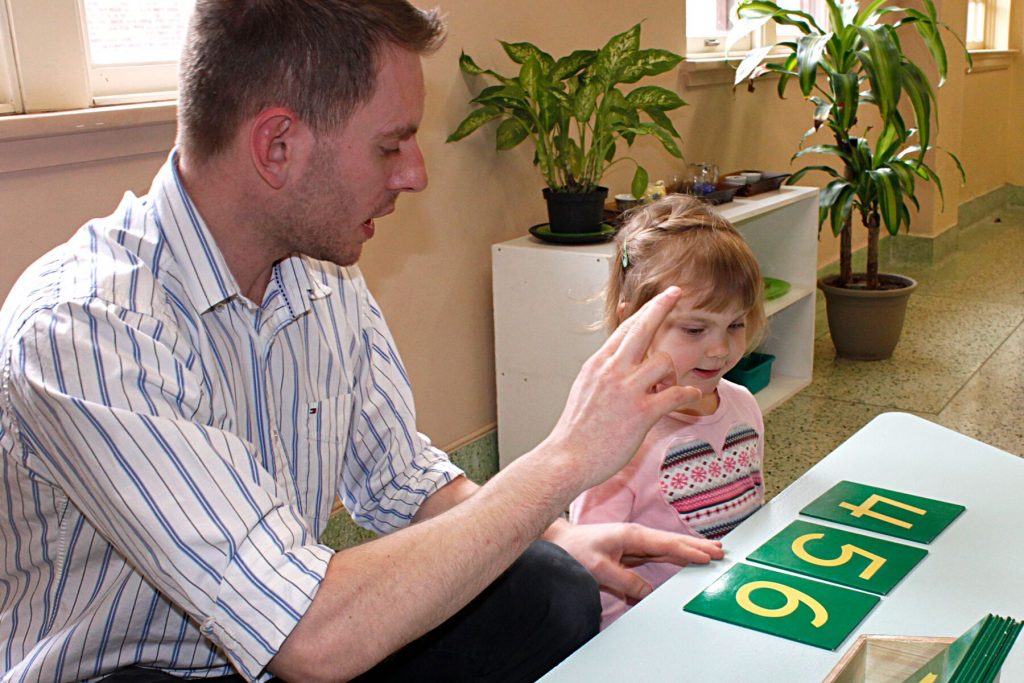Disciplining a child is not often associated with giving them freedom. A frustrated parent may take away certain freedoms when a child misbehaves. Stop yelling or you won’t get a snack. Did you hit your sister? Then go to your room. Sound familiar?
This type of discipline tends to only achieve short-term goals: the immediate control of specific behaviors. But what about the long term? How can discipline be more positive, and lead to children freely choosing acceptable behaviors for themselves, and their community.
Two years ago, I witnessed a classroom altercation between my daughter and one of her school chums. The infraction: her friend announced out loud he wouldn’t invite her to his birthday party. Not true, of course – since they were thick as thieves – but the words visibly upset her. I expected a quick admonishment from the teacher, maybe a seat in “time out”. Instead, I watched the teacher do something extraordinary.
She sat both children down and gently asked them questions. No indictments or accusations, only questions to understand. The children had to make eye contact while they shared and they could not raise their voices. In moments, the truth came out. Why had my daughter been bounced from the invite list? Because she wouldn’t allow her friend to see her “show and tell” item beforehand. Feelings had been hurt.
In those moments of careful listening, where both children were treated with and taught to act with respect, a remarkable thing occurred. My daughter’s friend freely recognized his own poor behavior and was heartbroken. My daughter, in turn, expressed remorse at not being more kind. It was as if a switch had been flicked. One quick, tearful hug later, and they were off in the corner, working together like happy bees.
I think my jaw hit the floor; the moment was so indelible. It was discipline through encouragement, listening, understanding social etiquette, and being honest. It was not a matter of “obey or else” but a mutual understanding that our actions affect other people as well. A beautiful thing, really, when this can be taught early on.
Harry Tournemille is a published writer, blogger, and Ontario Arts Council grant recipient living in St. Catharines, Ontario. His daughter attended Beyond Montessori School – a holistic, community-oriented school located near downtown St. Catharines, ON.
